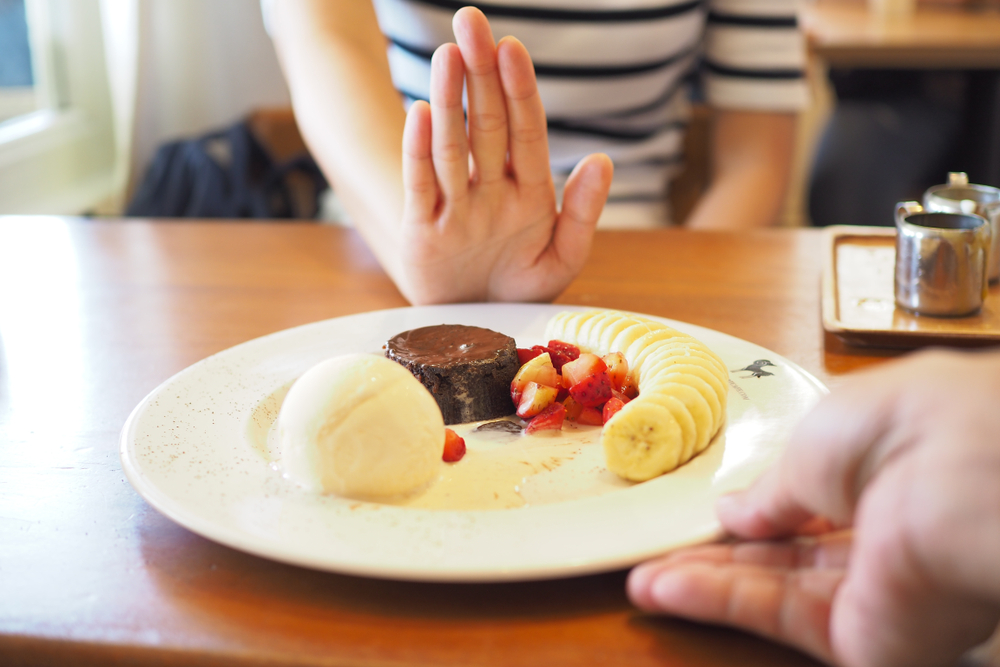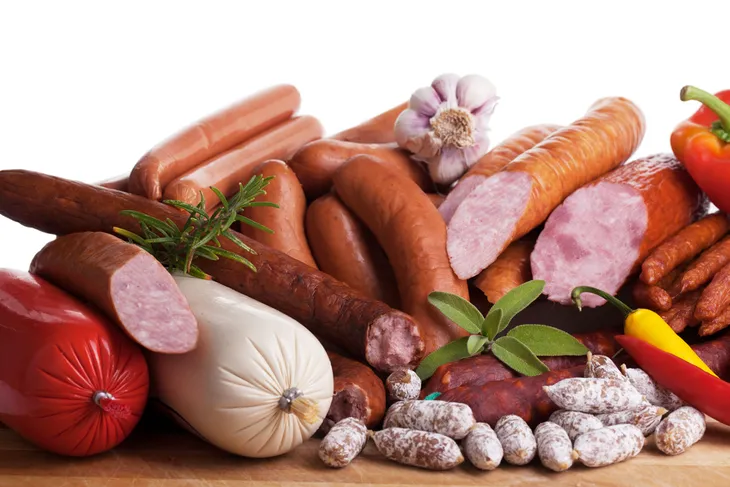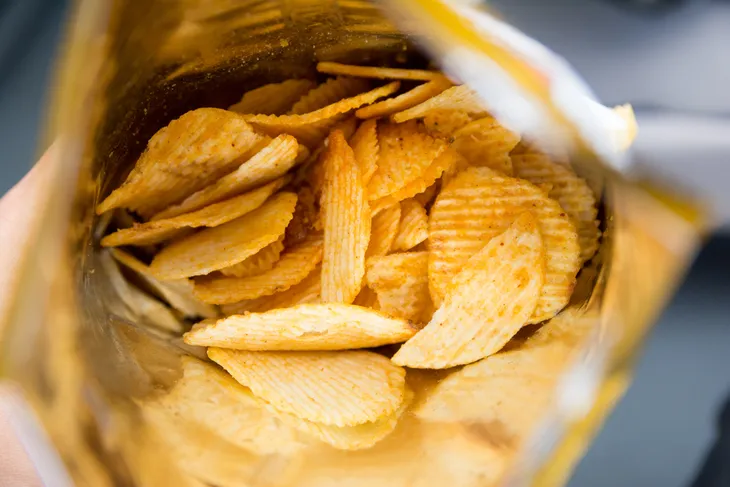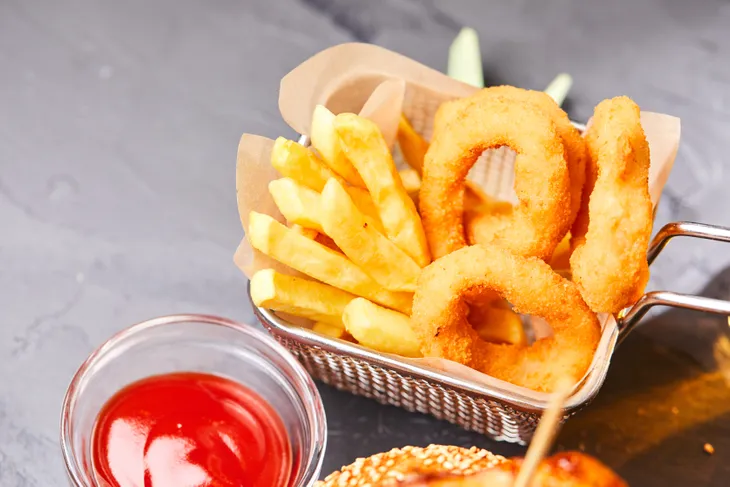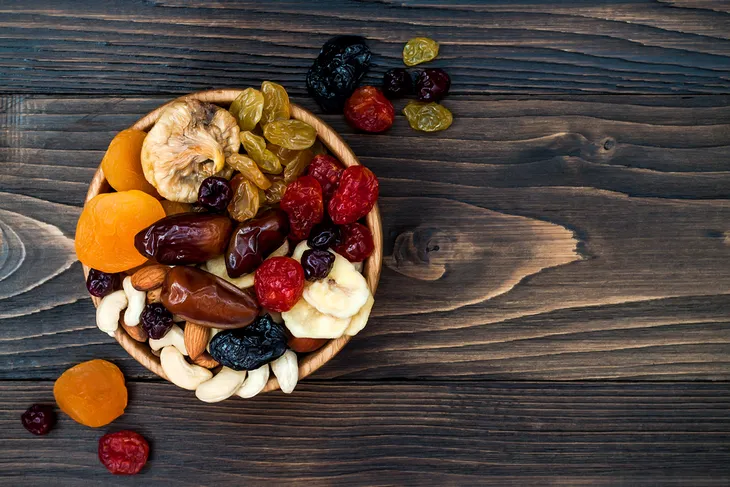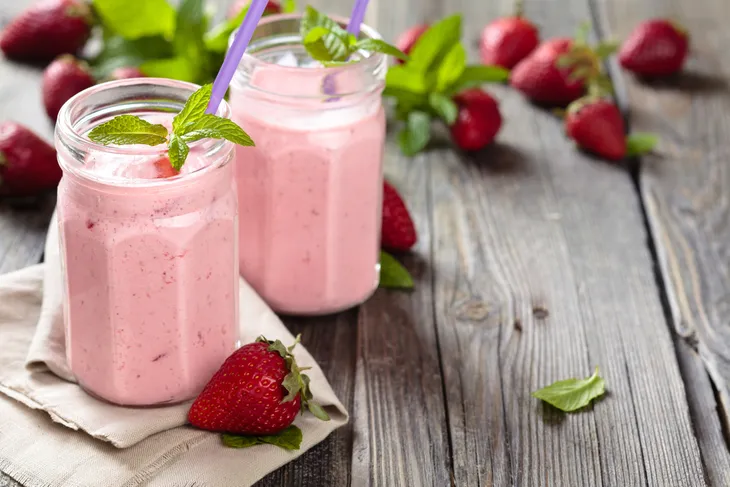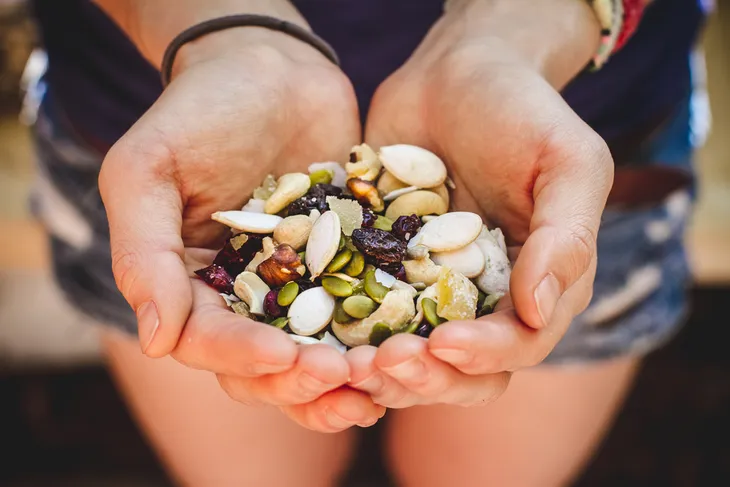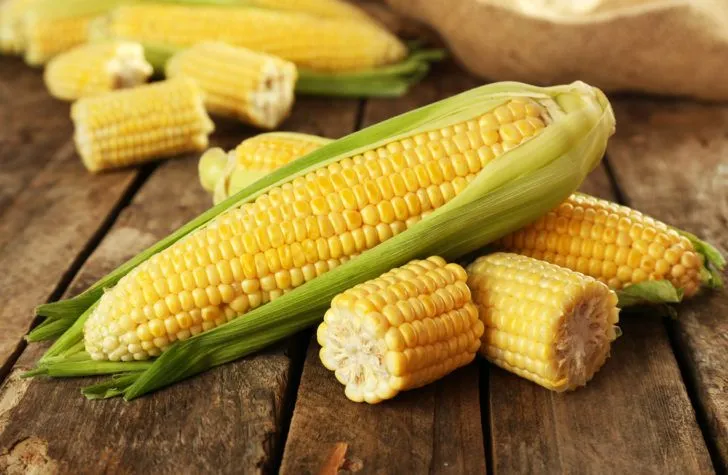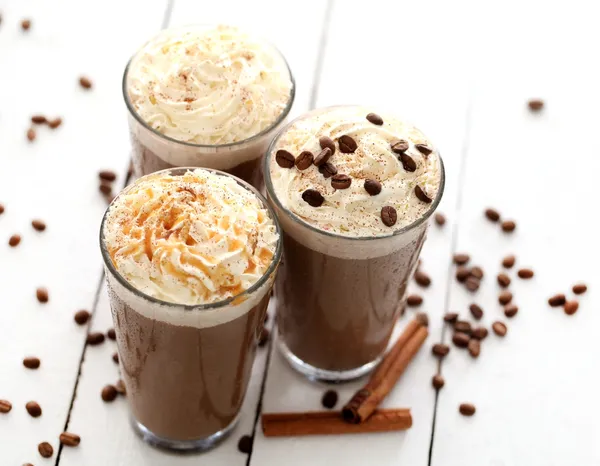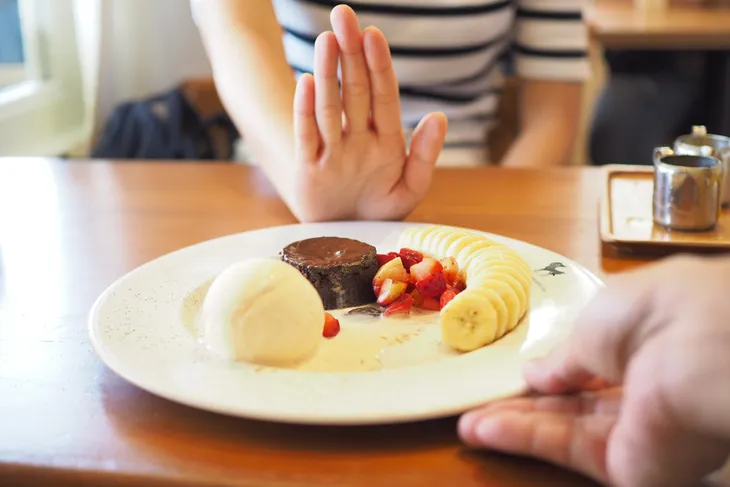Diabetes is a chronic condition that affects millions of adults and children around the world, and continues to rise. It’s a serious disease that puts people at risk for serious consequences like heart disease, kidney disease, blindness, and other complications. Part of managing this condition is knowing what foods pose a threat to blood sugar levels.
For people with diabetes, the grocery store can become a minefield. A lot of seemingly “healthy” foods that are rich in vitamins are actually dangerous for spiking blood sugar, so the best things to do is get informed on what foods and ingredients to avoid. To make things easier, we’ve compiled a comprehensive list and while some of these may be somewhat surprising, others really shouldn’t be. Here are 12 foods that are bad for type 2 diabetes…
Want diabetes content delivered straight to your inbox? Sign up for our Diabetes newsletter and receive exclusive news and articles written from our team of diabetes experts.
Avoid Alcohol
Healthline says that people with diabetes should be “particularly cautious” when it comes to alcohol consumption, as alcohol can make complications from the disease worse by impacting liver function – particularly its role in regulating blood sugar.
The source also explains that alcohol can negatively interact with certain medications for diabetics. It suggests talking to your doctor about the best medication approach, even if you rarely drink alcoholic beverages.
Cut Out Fatty Meats
Health.com explains that because people with diabetes are at a higher risk of heart disease, they should try to avoid meats that are high in saturated fats (red meat in particular).
The site also says you should try to avoid breaded or fried meats. Processed meats (like packaged deli meat) can be “loaded with sodium” should also be crossed off your list of safe foods to eat, it adds.
Send Packaged Snacks Packing
EveryDay Health explains that while packaged snacks are convenient when you’re on the go, they often contain trans fat – which is considered the worst offender of the fat world because it increases levels of unhealthy cholesterol.
These packaged snacks and baked goods such as chips, pretzels, doughnuts, and snack cakes often also hide away high levels of sugar, processed flour, sodium, and preservatives that are not diabetes diet-friendly, it adds. The source says “no amount” of trans fats is safe when you have diabetes, but adds that products with less than 0.5-grams of it don’t have to list it on their labels – so look for partially hydrogenated oils instead, which are a source of trans fat.
Don’t Get Burned By Fried Foods
It’s hard to avoid fried foods – they’re pretty much everywhere you turn in our face-paced world. They’re also, unfortunately, quite delicious. However, as EveryDayHealth.com warns, “Overdoing the greasy stuff can pack on the pounds and cause blood-sugar chaos.”
Common fried foods include French fries, fried chicken, and potato chips, it adds. Keep in mind too that many of these items are deep fried in hydrogenated oils “that are laden with unhealthy trans fats,” it warns.
Don’t Play Nice With Rice
While rice is an inexpensive way to fill your belly, Health.com says it’s definitely not the best option for people who have diabetes. However, the source actually focuses on how white rice is actually a diabetes risk rather than a food to avoid when you’ve already been diagnosed.
It says the more white rice you eat, the higher your risk for developing type 2 diabetes, based on a 2012 review. The study showed that risk of diabetes increased 11-percent for each additional daily serving of white rice, adds the source. Aim for brown or wild rice instead if don’t want to give up this grain, it suggests.
Go Stale on Dried Fruit
This is one that we’re a bit surprised about – but according to EveryDay Health, it’s not good for those with type 2 diabetes. The source admits that dried fruit is a great source of fiber and nutrients, but notes the dehydration process removed the moisture – so you can end up overeating it.
And just because it’s a natural product, doesn’t mean it’s safe to devour, it adds. “While snacking on raisins or dried apricots is better for you than eating a cookie, it’ll still send your blood sugar soaring,” warns the source. Stick with fresh fruit like strawberries and peaches, it suggests.
Fruit Smoothies Can Be Rough
This one is perhaps not as surprising. It can be a healthy way to get nutrients, but it can also “be a sugary disaster if you have diabetes,” notes Health.com.
The source says that a 28-ounce fruit smoothie from a leading American smoothie company packs as much as 510-calories and 92-grams of carbohydrates. In short, they’re full of sugar, adds the source. It suggests making your own smoothie (including vegetables like kale or low-sugar fruits such as apples or berries).
Get Off The Trail
Health.com also notes that trail mix is a bad path to go down if you’re vulnerable to blood sugar spikes. It says that trail mix bought from the store contains dried fruit, which we’ve already said can be a wolf in sheep’s clothing.
In fact, only the nuts in trail mix are safe for diabetics, and only in moderation, it adds. If you’re looking to mix it up, try making your own trail blend of seeds, nuts, and almonds with small amounts of unsweetened coconut added in, suggests the source.
Skim Dairy From Your Diet
EveryDay Health says that full-fat dairy can raise your LDL (or “bad”) cholesterol levels and put strain on your heart, due to the saturated fat content. However, heart problems aside, it says research has shown saturated fats can lead to problems with glucose levels in the blood.
It says to avoid full-fat cream, full-fat yogurt, ice cream, and cream cheese. See if you can find versions that have reduced fat or no fat at all, it adds. It’s worth noting that there’s still some debate in this area, with some fairly recent prospective studies claiming that full-fat dairy might actually lower your risk for diabetes. Talk to your doctor or dietician for the latest information.
Watch Your Starch
The American Diabetes Association says that while some vegetables are high in vitamins, minerals and fiber, they can also be high in starch, which is not so good for those with diabetes because they can raise blood glucose. “The best choices do not have added fats, sugar or sodium,” it explains.
The safest “starchy” veggies for diabetics to try, according to the source, include parsnips, plantains, potatoes, pumpkin, acorn and butternut squash, green peas, and corn.
Keep Coffee Simple
Health.com recognizes that coffee is no longer just coffee sometimes – there are so many fancy varieties out there, and many of them are loaded with extras like whipped cream and syrup that can turn your simple cup of Joe into a milkshake.
For example, it says a 16-ounce Frappuccino from a leading coffee chain can pile in 500-calories and 9-grams of fat. “You may consider a treat such as this ‘just coffee,’ but the blended versions can send blood glucose soaring,” warns the source. If you’re really into your designer coffee, at least try a smaller size or a light or non-fat version, it suggests. It helps if you’re walking while drinking it, or go for a walk afterwards, it adds.
Be Discerning About Desserts
We know that sugary foods like chocolate cake and other sweet stuff (including soda) can bring you temporary joy on a hard day, but the long-term results may be detrimental to your overall health if you have diabetes.
These items that are made of processed sugar are “considered low-quality carbohydrates,” meaning they don’t really offer much in the way of nutrition, while also spiking your blood sugar. As tough as it is to resist treats like these, the source says to get your sweet fix from fruits that have fiber to ease glucose absorption.
